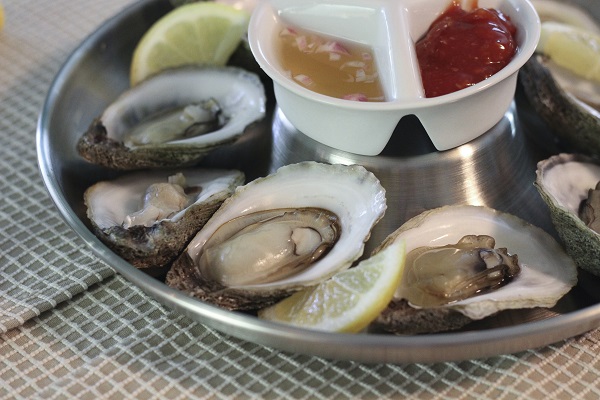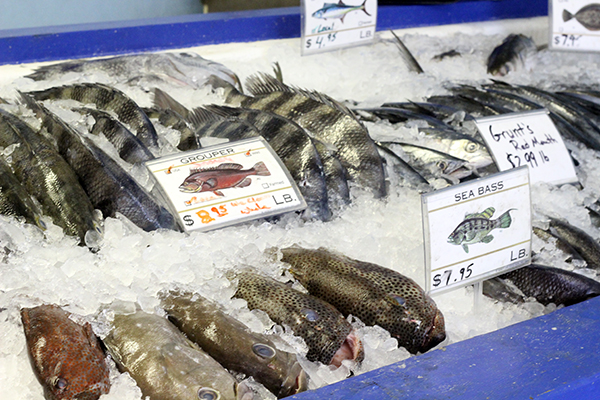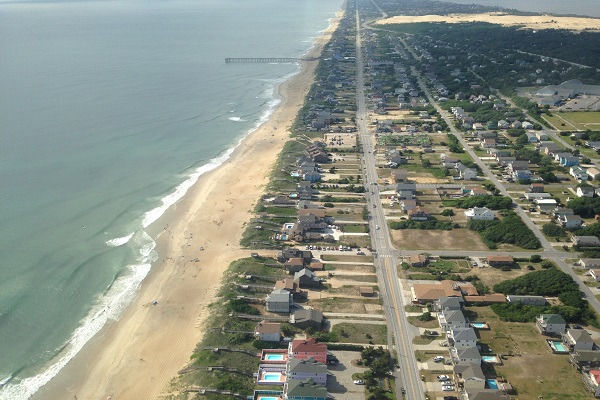SEA SCIENCE: Graduate Students Receive Fellowships
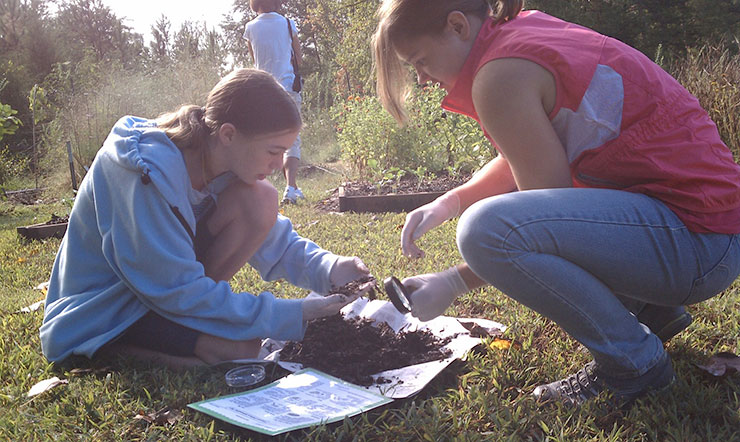
North Carolina Sea Grant offers many opportunities for North Carolina graduate students to expand their research. Current state-level fellowships enable recipients to delve into topics related to coastal policy and coastal management. Several scholars received Sea Grant-supported fellowships at the beginning of 2016.
COASTAL POLICY FELLOWS
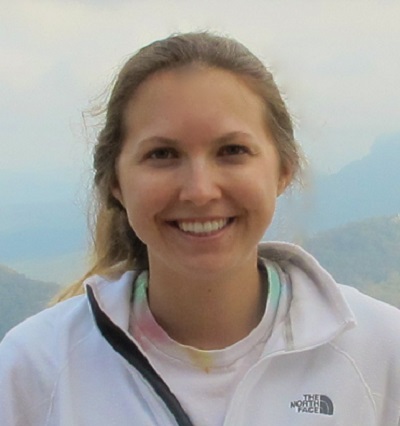
• Alyssa Dykman and Michael Flynn are the 2016 Coastal Policy Fellows. The fellowship, supported by Sea Grant and the N.C. Coastal Resources Law, Planning and Policy Center, is designed to foster research on a policy issue within the state’s 20 coastal counties during an academic semester.
“I’m excited about the projects from our 2016 fellows. Their research has the potential to provide our coastal communities and coastal tourism industry with critical local information that can help them plan for the future. I’m looking forward to working with Alyssa and Michael to ensure their science and policy data reaches these audiences,” says Lisa Schiavinato, co-director of the center and Sea Grant law, policy and community development specialist.
Dykman is working toward a Master of Environmental Management degree at Duke University’s Nicholas School of the Environment, concentrating in coastal environmental management. Her advisor is Grant Murray, a faculty member at Duke’s Marine Lab who focuses on marine policy.

“This fellowship will expand upon my current master’s project that involves developing a sustainable tourism framework for the Outer Banks National Scenic Byway,” she says.
Dykman will conduct surveys to understand and characterize the motivations of tourists for visiting the region and their perceptions of sustainable tourism. She also will interview local and state tourist facilitators to gain a deeper understanding of the region’s tourism industry and policies.
Dykman, who grew up in New Fairfield, Connecticut, holds a bachelor’s degree in environmental studies from the University of Southern California in Los Angeles.
Flynn is a doctoral student in the Coastal Resources Management program at East Carolina University, with a focus on geoscience, social science and coastal policy. His advisor is Tom Allen, a faculty member in ECU’s geography department.
“This project will quantify the susceptibility of individual buildings located within the eight unincorporated communities along Cape Hatteras National Seashore to coastal hazards,” Flynn explains.
With that data, he will make projections to determine when to introduce mitigation measures. The Hamilton, New Jersey, native also will focus on evaluating the effectiveness of existing local, state and federal policies related to coastal development and sustainability, as well as their effect on coastal zone management in the region.
Flynn received his bachelor’s degree in biology, with minors in marine science and writing, and a Professional Science Master’s in Environmental Science from Stockton University in Galloway, New Jersey.
COASTAL RESEARCH FELLOW
• Danielle Keller will be conducting research in the Rachel Carson Reserve this spring as the 2016 North Carolina Sea Grant/ N.C. Coastal Reserve and National Estuarine Research Reserve fellow.

This opportunity is designed to foster studies that address relevant coastal management issues within one or more of the 10 sites in the reserve system.
Keller, a doctoral student at the University of North Carolina at Chapel Hill’s Institute of Marine Sciences, will examine how the seasonality of submerged aquatic vegetation and its habitat functionality affects estuarine organisms, particularly juvenile gag grouper.
“Danielle’s work to clarify the habitat function of eelgrass compared to shoalgrass will give us great insight into managing North Carolina’s seagrass communities in the coming decades,” says John Fear, Sea Grant deputy director.
Eelgrass (Zostera marina), the dominant seagrass species in North Carolina, is an essential nursery habitat for many ecologically and economically important species.
“We need to better understand how increasing temperatures in summer months may change habitat use by fishes and crustaceans due to seasonal changes in eelgrass,” Keller explains.
Brandon Puckett, reserve research coordinator, explains that the Rachel Carson Reserve is the southern range limit of eelgrass and close to the northern range limit of shoalgrass.
“The location provides an ideal research platform for Danielle to address questions related to the habitat function of both species and how seasonality may interact with habitat function. Her results will be of great utility to reserve staff as we manage the many habitats within the reserves, but also be informative for the state’s Coastal Habitat Protection Plan, where seagrass is one of six priority habitats,” he adds.
Keller’s doctoral work focuses on understanding the structure and function of estuarine ecosystems and communities. Her advisor is Joel Fodrie, a fisheries ecologist who is on faculty at the Institute of Marine Sciences. Her dissertation also is supported by a National Science Foundation Graduate Research Fellowship.
The Gainesville, Florida, native received a bachelor’s degree in wildlife ecology from the University of Florida.
For more information on fellowships offered by Sea Grant and our partners, visit ncseagrant.org and click on Funding Opportunities.
This article was published in the Winter 2016 issue of Coastwatch.
For contact information and reprint requests, visit ncseagrant.ncsu.edu/coastwatch/contact/.
- Categories:
